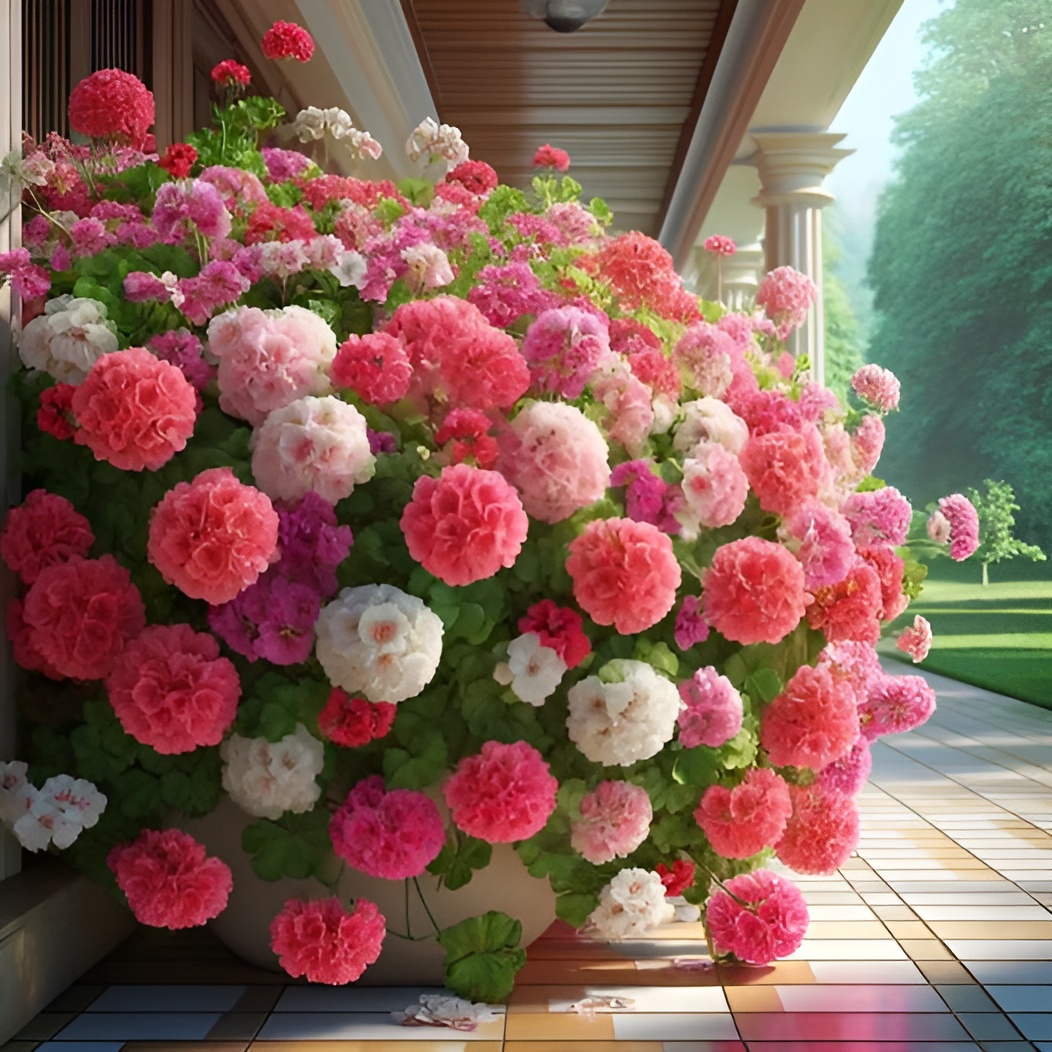

What do plants like orchids, petunias, roses and geraniums have in common? If we want them to thrive, we need to feed and water them properly.

Although these are plants with different needs for light, water and nutrients, there are some general tips that can help you always have flowering plants.
Orchids, petunias, roses, geraniums still in bloom.
Spring is an ideal season for growing many plants. Some plants that may be considered for spring growing are annuals.
Indeed, it is possible to grow annual flowers such as petunias, begonias, impatiens and marigolds. They are easy to grow plants that produce showy, colorful flowers.

Many perennials also bloom in spring, such as lilies, daffodils and tulips. These plants will flower every year and can create colorful and welcoming gardens.
Even fruit trees if you have enough space, and spring is the perfect time to plant these trees so they can get established well before summer.
Spring is also a good time to plant aromatic plants such as basil, mint, rosemary and thyme. These plants can be grown in pots or in the garden and are ideal for adding flavor to your dishes.

It is worth remembering that plants have specific needs in terms of light, water and nutrients, so you must choose plants suitable for your climate and growing zone, and follow specific care for each plant you choose to cultivate. .
Pruning is very important, so it is a good idea to remove spent flowers and dead parts of plants to encourage continued flowering.
Plants should be fertilized regularly with a balanced fertilizer for flowering plants. In general, petunias, geraniums and roses require fertilizers high in potassium to encourage flowering, while orchids require fertilizer specifically for epiphytic plants (which do not root in the soil).
How to make them bloom non-stop
Let’s see how to stimulate the active growth and exuberant flowering of garden flowers such as roses, petunias, geraniums, violets and other plants.

You need to make sure the plants get enough sunlight . Most of these plants need at least 6 hours of direct light per day. Roses also require good exposure to morning sun.
By providing “ mulch ” we give plants nitrogen for lush foliage growth and phosphorus for root growth and development. Plus potassium for active buds and lush flowering, plus plenty of micronutrients and other nutrients.

Additionally, you should avoid over or under watering. Check soil moisture regularly and water only when the soil surface is dry to the touch. In general, petunias, geraniums and roses require regular watering, while orchids require a more specific watering regime.
With top dressing you will help restore even brittle and yellowed flowers, providing them with more lush growth.
To make this sauce we need oat flour, for this we take half a glass of oat flakes and put them in a liter jar.

We fill it to the top with lukewarm water and let it sit for two or three days . Then the solution is filtered and diluted in water in a ratio of 1 liquid to 4 water, finally it is administered to the roots of the plants.
If you want to feed garden flowers, you can prepare a solution based on 10 liters of water, with a cup of oats . Then it is left to infuse for three days, stirring constantly, then this water is used to water the plants.
There is no need to infiltrate the solution, just add soil on top.
